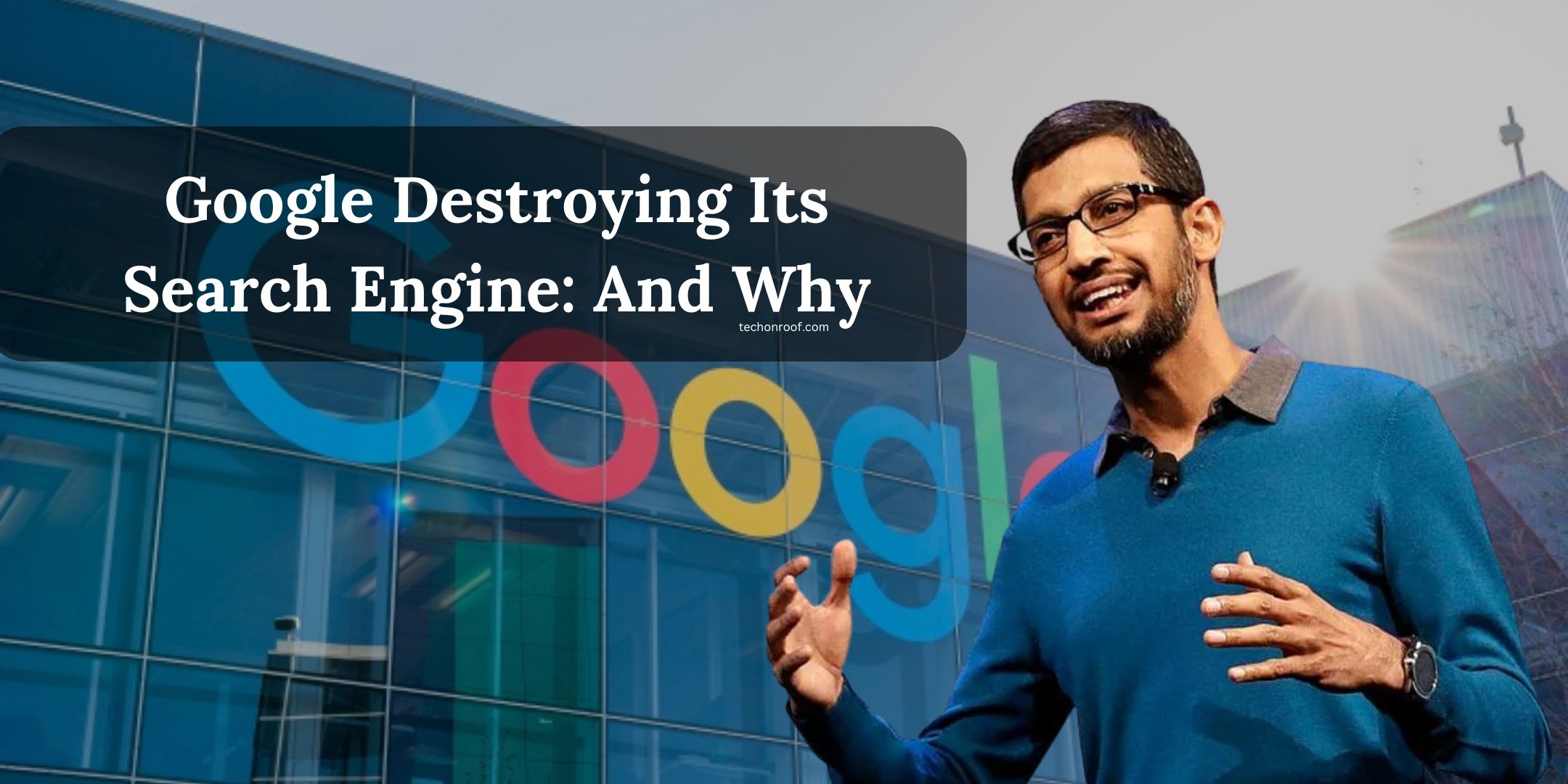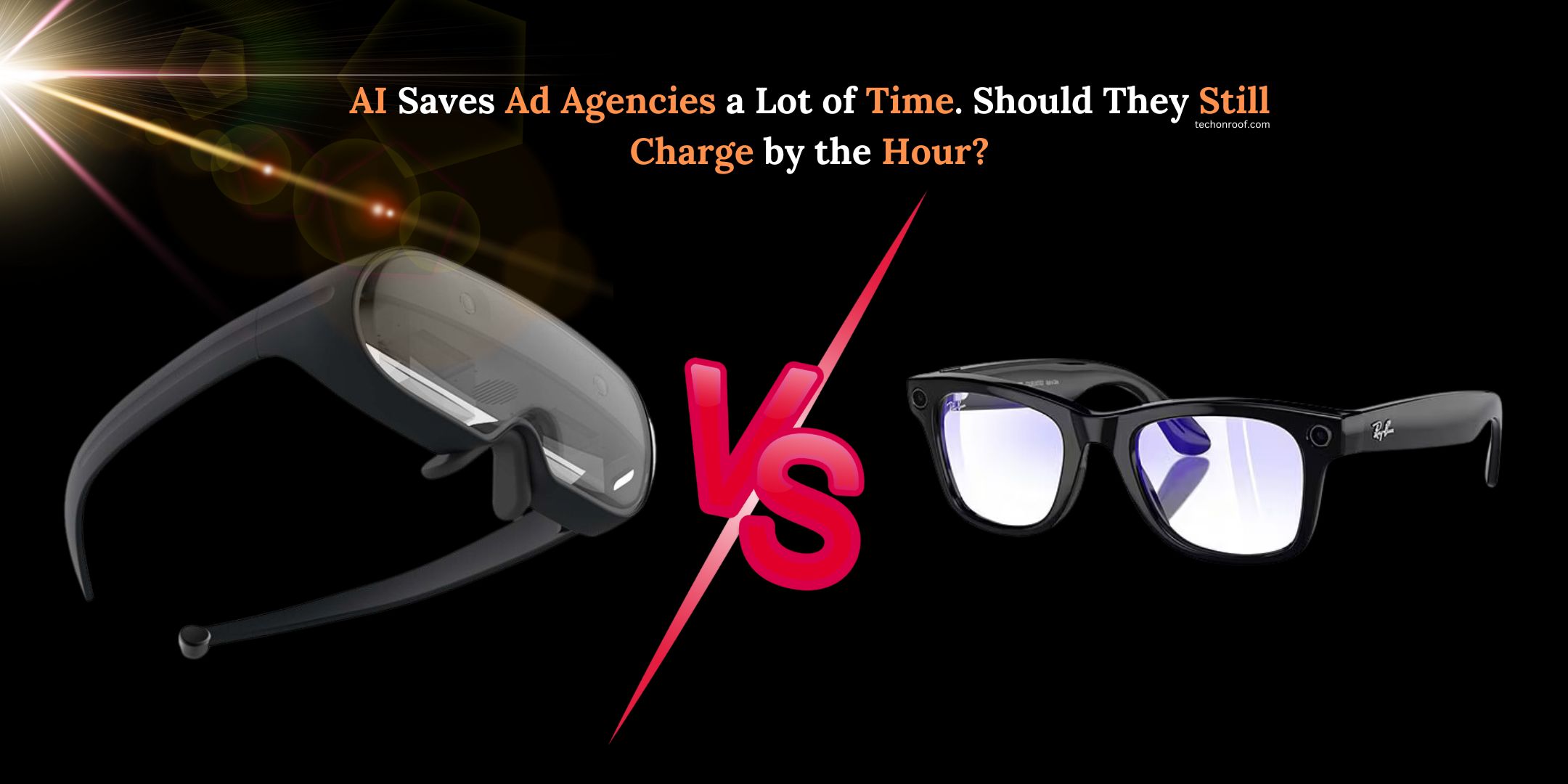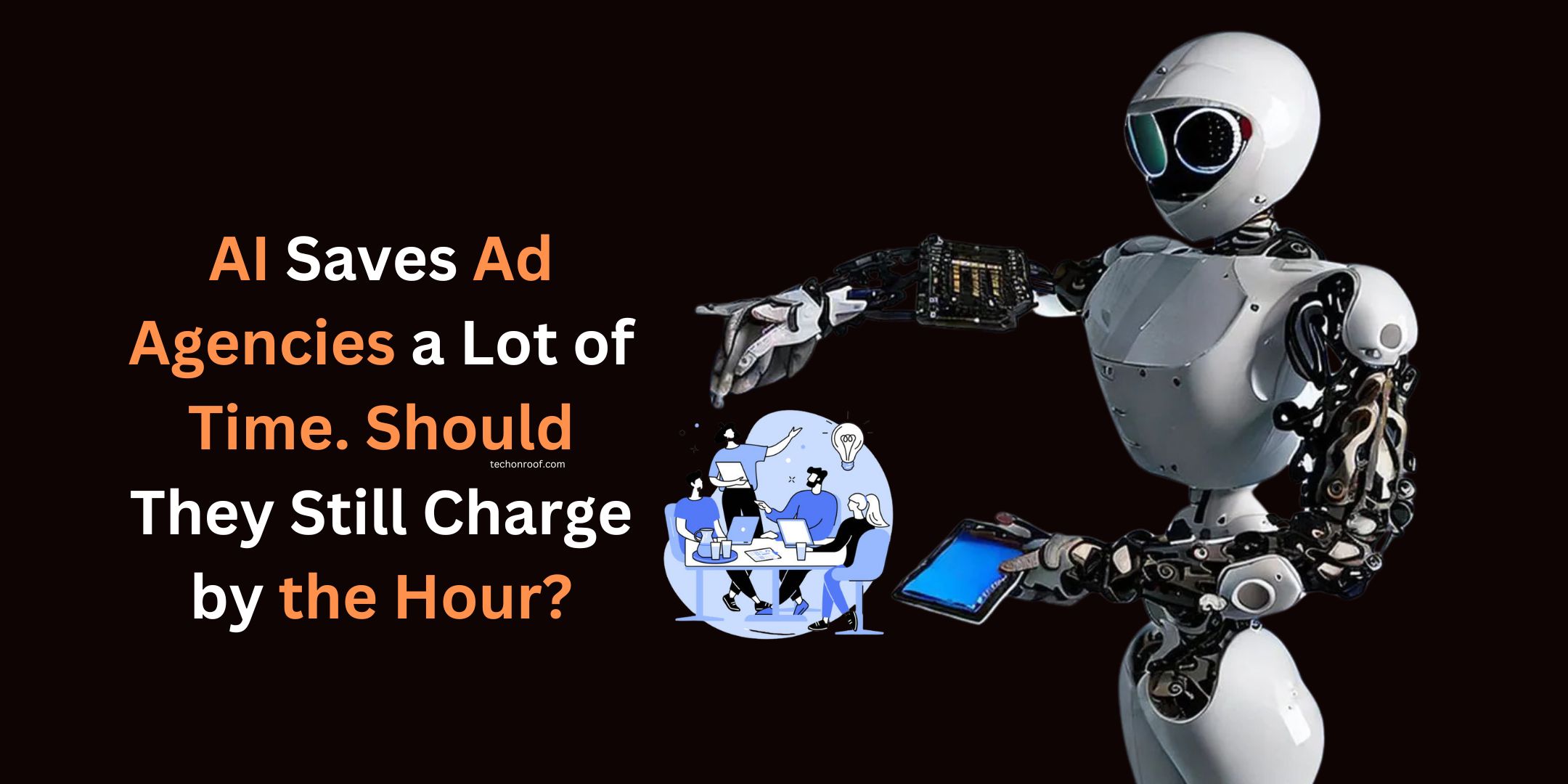The potential for having problems with the quality of search results used to be a hallmark of lagging Google search only recently. However, their better peer competitors must catch up since the same problems plague them. The general degradation in search results has been the reality for YouTube content creators who, relying on Google as the default homepage, have always relied upon that homepage for search results.
Read Also: Noam Shazeer Returns to Google with $2.7B Deal: What This Holds for the Future of AI
Google is injecting a new feature called Gemini AI into its search results. At face value, this is a step forward in user experience, but it sends website owners and content creators into worried modes for their source of living and dropped website traffic.
Among the problems of this new AI feature is that it has no facts or untruths. A case in point is someone searching on Google to pass kidney stones expediently. The AI would recommend that the person drink more fluids, including urine. Such harebrained advice would make someone believe there is a solution found with such advice.
Moreover, Google’s AI is prone to failing to rectify its errors. For example, when a user searched for “Mike the Headless Chicken,” the AI provided false information on how long the chicken survived without its head. This defeats the trustworthiness of Google’s search results.
Read Also: Google Pixel Watch 3 41mm: Compact Yet Packed with Health Features
However, Google’s broken AI is a matter of false information and a potential danger to smaller sites and their content creators. Google collects all this information from the websites it is taking from and then carries it directly on its website, reducing users’ chances of visiting the source web as much. This will severely affect the volume of traffic and, by extension, revenue streams for small businesses, which considerably count on ad revenue.
Google’s focus on AI and advertisement has overshadowed its commitment to serving its users with the content they desire to view. Users are now served AI-generated content and ads before accessing the desired search result. This is far from when Google first sought to connect users to relevant and credible sources.
Read Also: Epic Games Hits Google and Samsung with New Lawsuit in Ongoing Legal Battle
Some possible solutions to these issues are substituting the search engine at your browser level with something like Bing, Brave Search, or DuckDuckGo. By broadly diversifying our search engines, we can favor platforms that work towards producing more accurate and relevant search results.
Instead, one can use an easy Google URL parameter to remove this AI-generated content from the search result. It does as if it wipes off all the experimental features which have permanently crippled the entire search experience. Despite hiding this option deep within Google’s interface, searchers can still come across much cleaner search results with this procedure.
This is a growing concern for website owners, content creators, and users since the quality of Google’s search results has deteriorated. This is because its reliance on AI and its concentration on advertising rather than relevant information threatens the foundation upon which Google’s search engine was built. Users must explore alternative search engines or methods to avoid AI-generated content in their search results.





